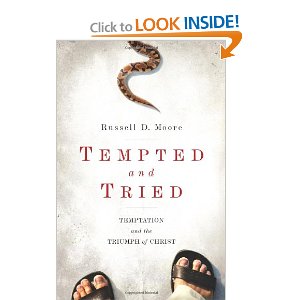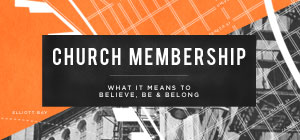2012
Membership FAQ | Maybe you’re asking…
Uncategorized | by Pastor Adam Sinnett

Below are some of the questions I’ve been asked, or anticipate being asked, throughout our current series. Please let me know if you have any additional questions.
Q: “Why do I need to sign a covenant?”
This is by far the most frequent question asked. Being a member of a church has to do with living out your corporate identity as a part of Jesus’ people, the local church (e.g. member of the body of Christ, member of the family of God, citizen of the kingdom of God, living stone within the temple of God, et al.) We covered this in full during the first week of the Church Membership series. All of these biblical images highlight that Christians are to relate to one another in a way that is formal, committed and interdependent in the setting of a local church. One of the ways we express this type of relationship in our culture is by affixing our signature to an agreement. It’s a way of saying, “I am declaring myself to be formally committed to this individual, group or organization”. We do this when we start a new job, when we get married, when we have a new child, when we purchase or rent a home, etc. The difference is that church membership is a covenant, not a contract, before God. In the context of marriage, in particular, it is the supreme demonstration of love because it says “I am committing myself to you and no one else.” Given the nature of our corporate identity in Christ, as expressed in the Scriptures, how much more should we formally commit ourselves to other brothers and sisters in Christ as part of a local church in a specific context?
Q: “What do I do if I need to move?”
Just let us know and, though we’ll be sad to see you go, we’ll gladly send you. Our hope will be that you will become a member of another Jesus-loving, gospel-centered, Bible-teaching church in your new city.
Q: “How long will I be considered a member?”
We will ask all members to renew their covenant commitment annually.
Q: “What are the ‘benefits’ of becoming a member?”
Church membership is more about what you are bringing to the church, than what the church is bringing to you (the church is the people, right?). At the same time there are certain privileges granted to members, such as priority in counseling and visitation, leadership opportunities, certain service positions and access to our limited benevolence funds.
Q: “Is membership required for serving and leadership within the church?”
We will require membership for all leadership positions and many service positions (e.g. Cornerstone Kids, Connect Desk, etc). However, there will be certain exceptions (e.g. greeters, ushers, hospitality, set-up/tear-down, etc). We’re still sorting through the specifics here.
Q: “What if I choose not to become a member?”
We love you and are entirely for you. We will not, and cannot, force anyone to become a member. That would be weird. All we can do is present the biblical case for membership and call every follower of Jesus to gladly embrace becoming a covenanted member of Downtown Cornerstone Church. It’s a vital component of your personal discipleship.
Q: “What is expected out of members?”
We will expect every member to give of their time (participation in community, Sunday gatherings, etc), treasure (regularly, sacrifical, joyful giving) and talents (serving in some way). The exact conditions and expectations will be spelled out in the membership covenant itself. You are making a covenant with other members of the church, the leadership, before God. Similarly, the leadership will make a covenant with you, before God. It’s a beautiful thing.
Q: “Is church membership for super Christians?”
Absolutely not. Church membership is for all people who profess Jesus Christ as their Lord and Savior, young and old, poor and rich, white and black, rookies and veterans.
Q: “Can I become a member at any time?”
At this time, no. We will have set times during the year (i.e. twice a year) when we will hold a Membership class and open the opportunity to anyone who has just joined us or recently became a Christian.
Q: “If I want to become a member, but my spouse doesn’t, what do I do?”
We will handle these situations on a case-by-case basis. Ideally, both husband and wife join together.
Q: “What if I left a church under discipline but want to become a member with DCC?”
We will handle these situations on a case-by-case basis. Talk to me, a deacon or a community lead. As much as possible we want to uphold Romans 12:18, “So far as it depends on you, live peaceably with all” particularly as it relates to other Christians and/or churches.
Q: “If I’m still exploring the person and work of Jesus can I become a member?”
We’re excited you’re with us! Church membership is specifically for those who follow Jesus Christ. So, for now, we’ll wait. Take your time to ask questions, get connected in community and continue to explore the stunning claims of Jesus Christ. If and when you decide to follow him we’ll revisit the membership topic.








